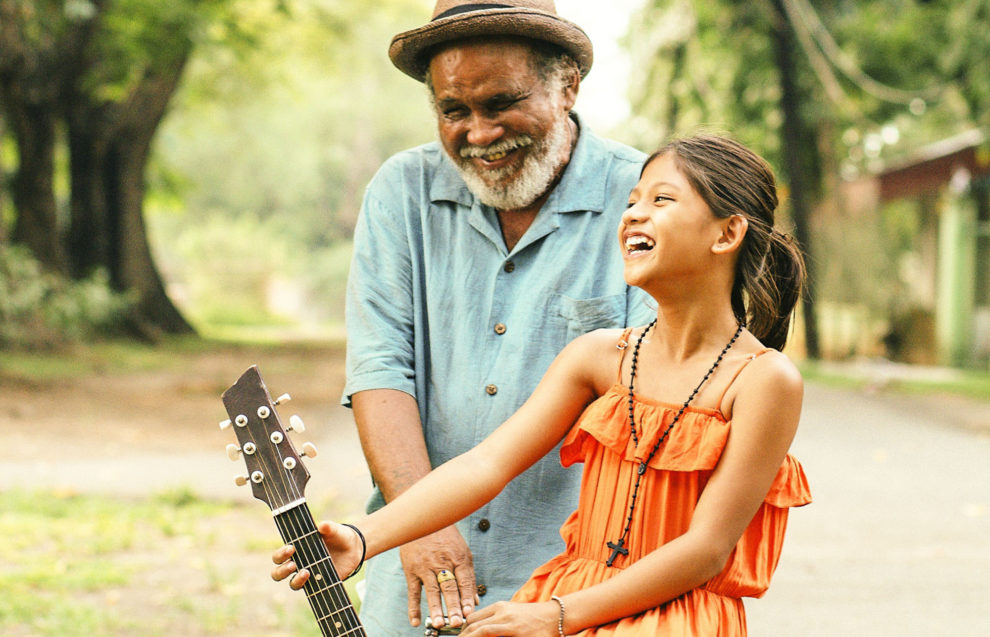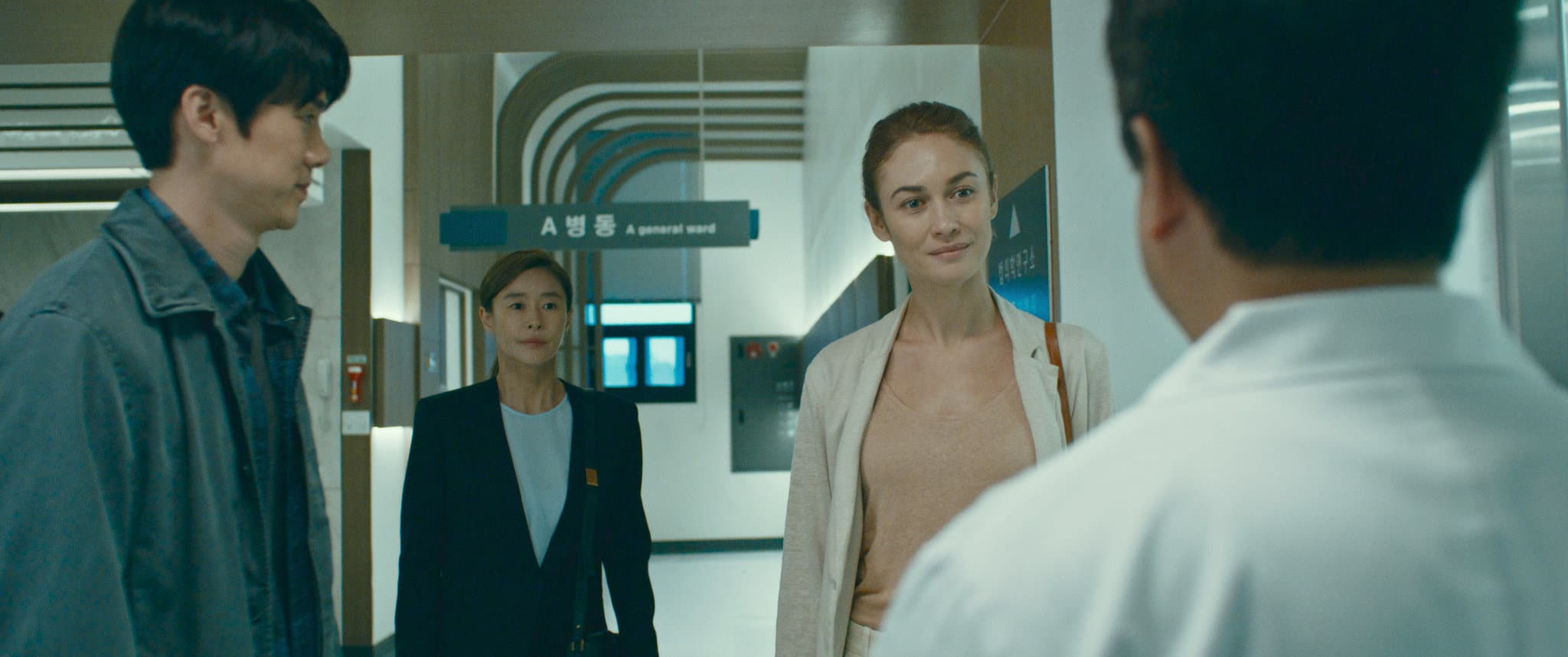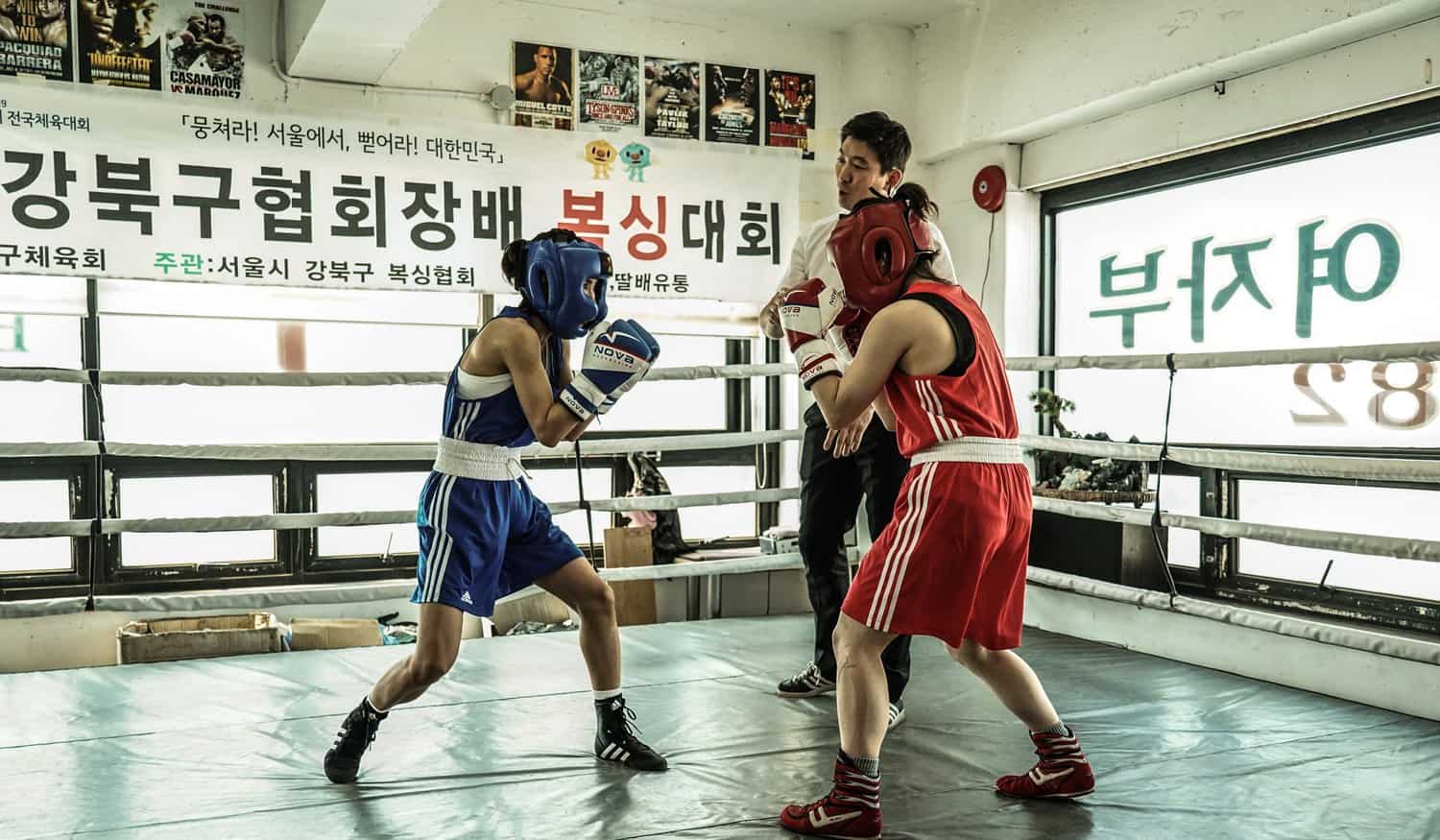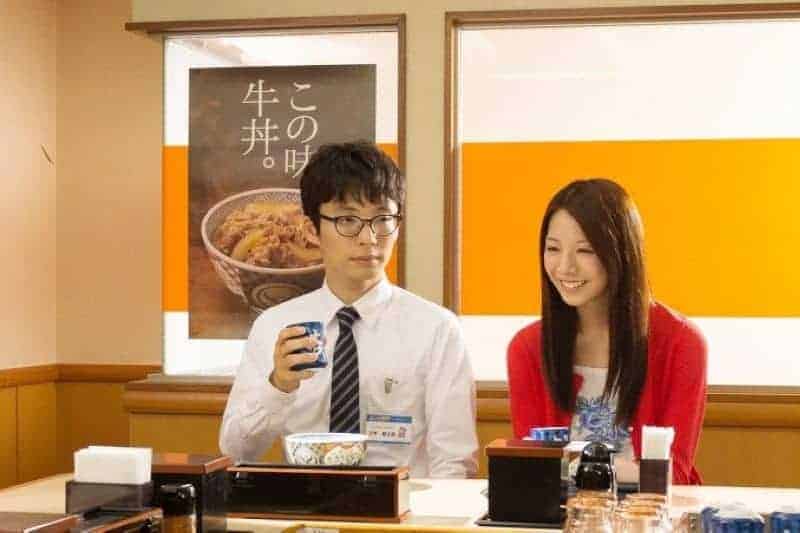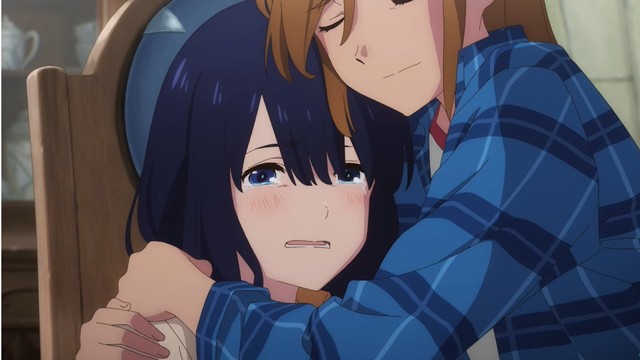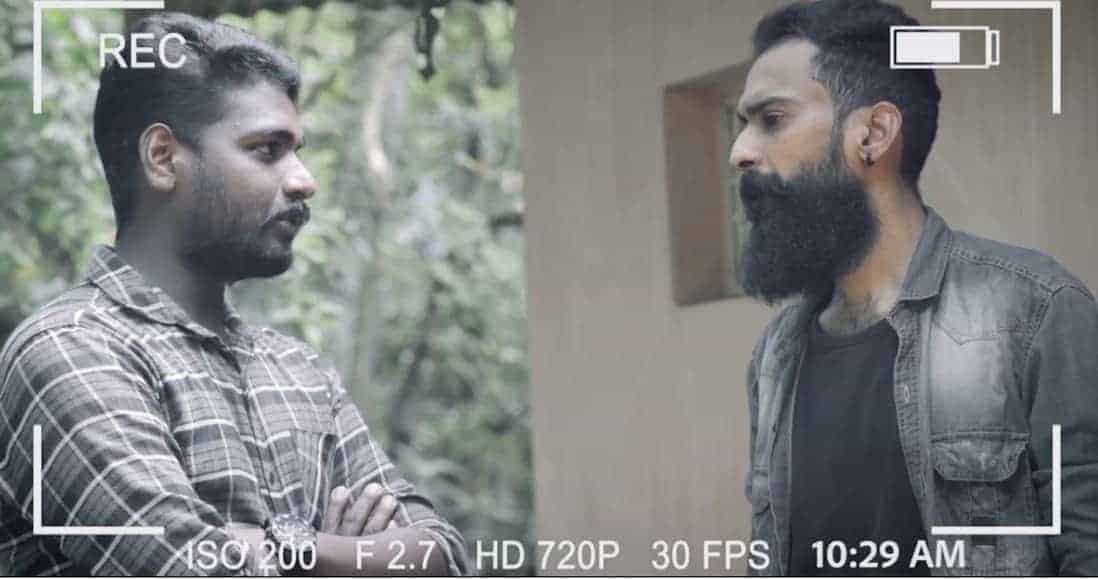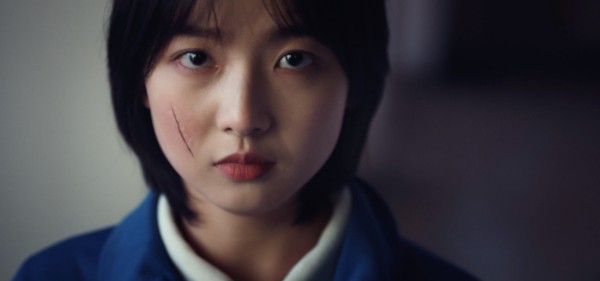Children in poverty have long since been a staple of cinema. Stories have often focused on their hardships in different parts of the world. Director Kohki Hasei has told of street children in his short films before and for his feature debut “Blanka”, a co-production between Japan and Philippines, he once again turns his camera towards one such character, albeit adding something different while doing so.
Blanka is screening at Japan Society
This is the story of 10-year-old orphan Blanka, a street urchin in the truest sense of the term. She lives in a cardboard house on the streets, begs for money and pickpockets tourists. She may be scrawny, but she doesn't shy away from a fight with boys in larger groups. Like most bred in poverty, Blanka too dreams of a better, or at least a bit more comfortable, life. So when she sees a news reel of an actress adopting less fortunate children, she decides to use whatever money she has saved in order to “buy” herself a mother. Accompanied by old blind busker Peter, she goes to a more prominent part of the city where, while begging for alms by performing alongside Peter, she puts up notices advertising her offer to buy a mother. Before she can find a prospective maternal figure though, she comes to the attention of not only a pub owner, who is amazed by her singing and decides to hire both her and Peter, but also of a lady who aims to sell the orphan girl.
Kohki Hasei comes from very humble upbringings and draws on his experiences to write a very authentic tale. His focus, while telling of the plight of street children, is more on the concept of family and the importance of it. Family, in this narrative's view, does not necessarily mean the one that we are born into, but one that accepts us, nurtures us and helps us in dire times with no ulterior motives. For Blanka, this family is not only Peter, but also Raul and Sebastian, two street kids she befriends in the city who take her in. Like with most families, Blanka's has bad apples too, as she would later find out.
What's most commendable of Hasei's script is that unlike most productions that focus on such characters, “Blanka” is a very positive tale, an almost uplifting one even, where the focus is more on joy and the smiles of the characters rather than their pain and sufferings. Sure, it focuses on the tribulations children living on the streets face, but in spite of that, Hasei is more interested in the things that bring them joy. A 10-year-old may not know the way the world works very well, but that will not stop Blanka from doing her best in whatever life throws at her, while actually smiling her way through it.
To that effect, her relationship with Peter holds the emotional core of the story, with the old man caring for her like nobody has before and vice versa. The two are there to help each other and make each other smile. Sebastian, too, is a very good character, laughing, smiling, dancing and swimming his way through life, his hard veneer that he has developed living and stealing with Raul slowly breaking after meeting Blanka to show the childlike innocence that is held within.
Hasei is helped massively by a very impressive, mostly amateur cast making their first on-screen appearances. As Blanka, the camera almost always focuses on Filipino YouTube sensation Cydel Gabutero, who's a natural. There's a realism to her performance which makes it hard to distinguish where she is acting and where she's just being her natural self. If you have no idea what made her an overnight sensation in Philippines, just wait till she sings. Peter Millari, a real-life blind musician, supports Cydel's performance well, just like Peter supports Blanka. Jomar Bisuyo is very charming as Sebastian, his carefree attitude and smile always coming across as a breath of fresh air. Ruby Ruiz is the only experienced cast member as the bad woman, but her part merely feels like a cameo appearance.
The positivity mentioned earlier is also reflected very much in the look of the feature, with Onishi Takeyuki's photography being much lively and focusing on the colours in the lives of the characters rather than the bleakness that others tend to portray. The music is also similarly dynamic, right from the very first frames. Hasei's script is very compact, never lingering to include any needless sentimentality or melodrama, and editor Ben Tolentino also does not let any scenes linger on more than necessary, keeping the narrative at a brisk 77 minutes.
“Blanka” is a very promising debut from a young director that takes a subject seen often in cinema but deals with it poignantly, in the end telling a very hopeful, Dickensian story of the unfortunate hopeless whose need for something as basic as a family, and their quest for it, feels to far outweigh the problems of the larger population.


